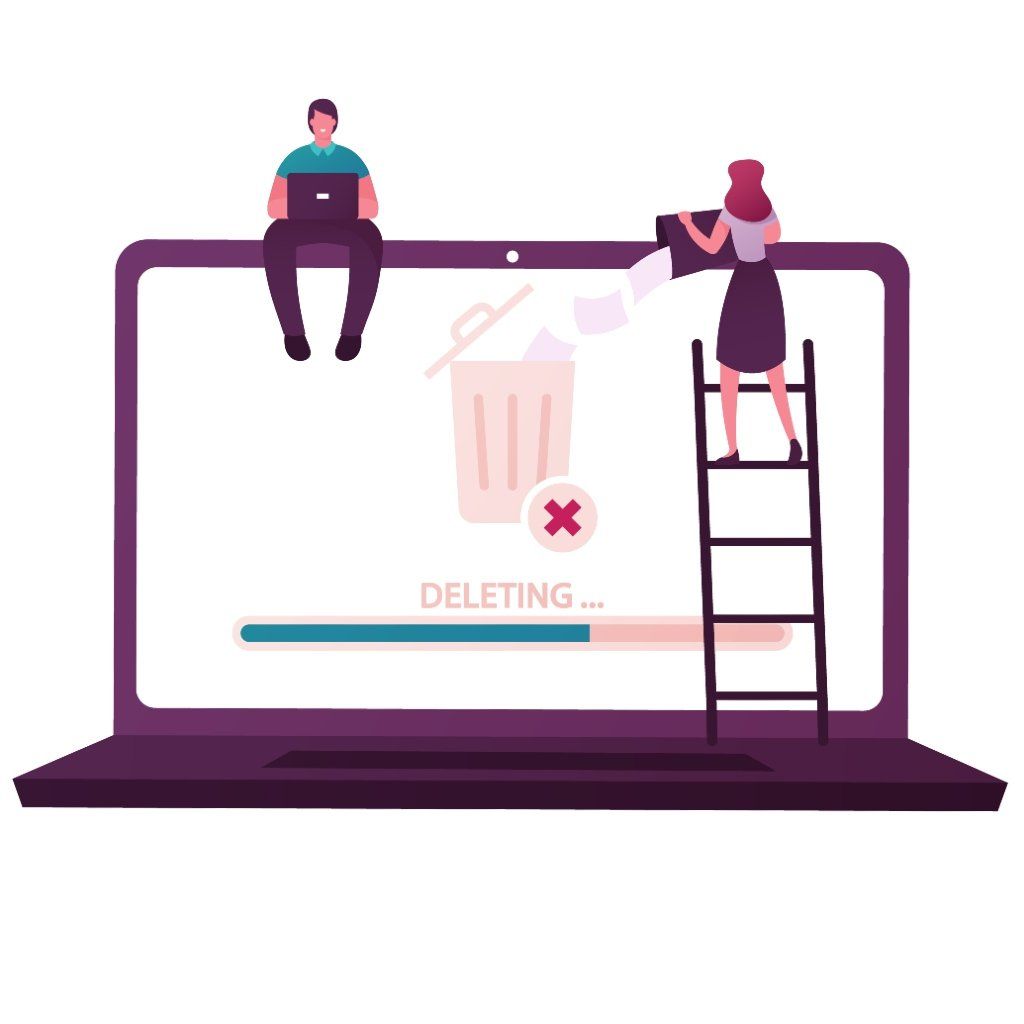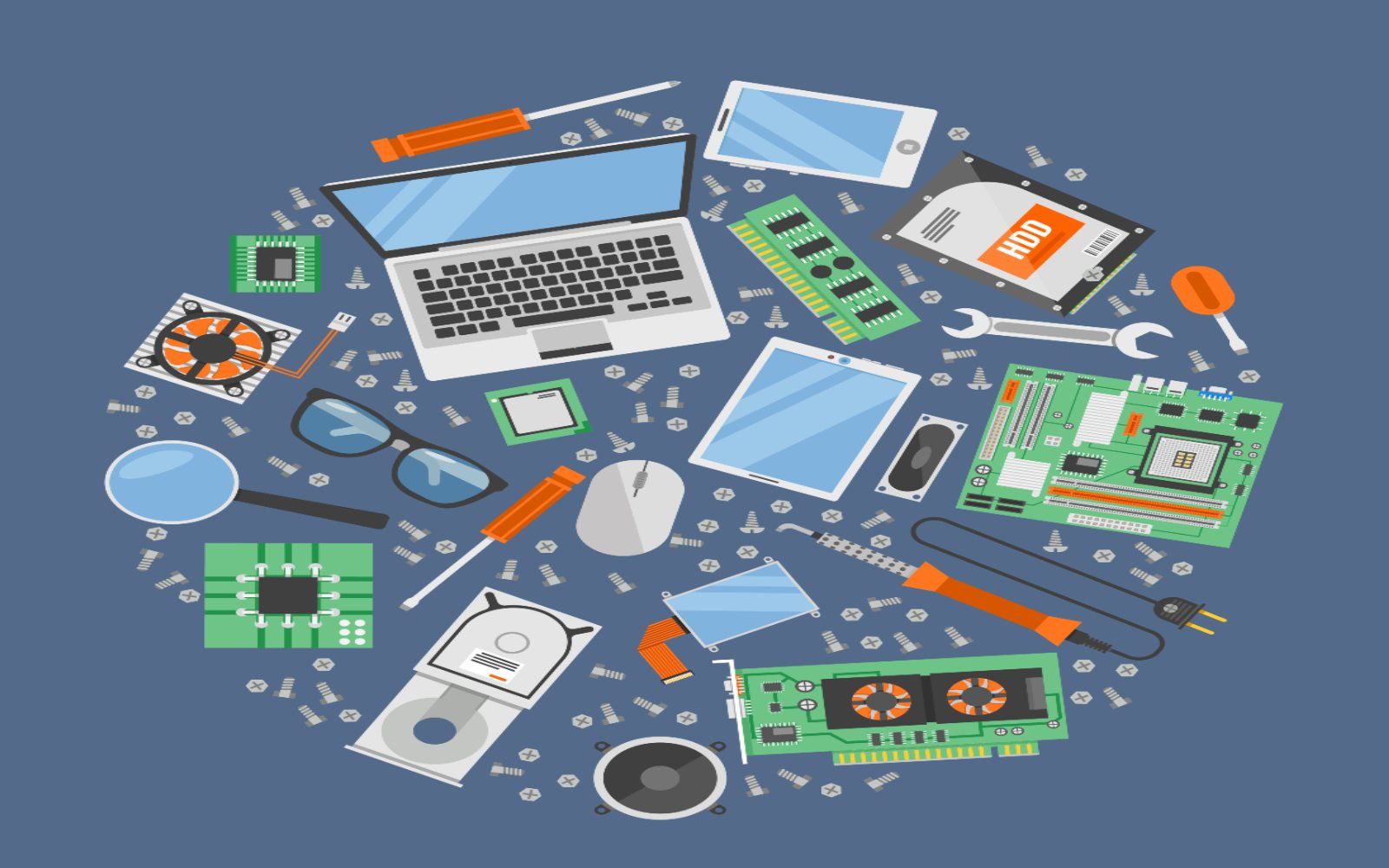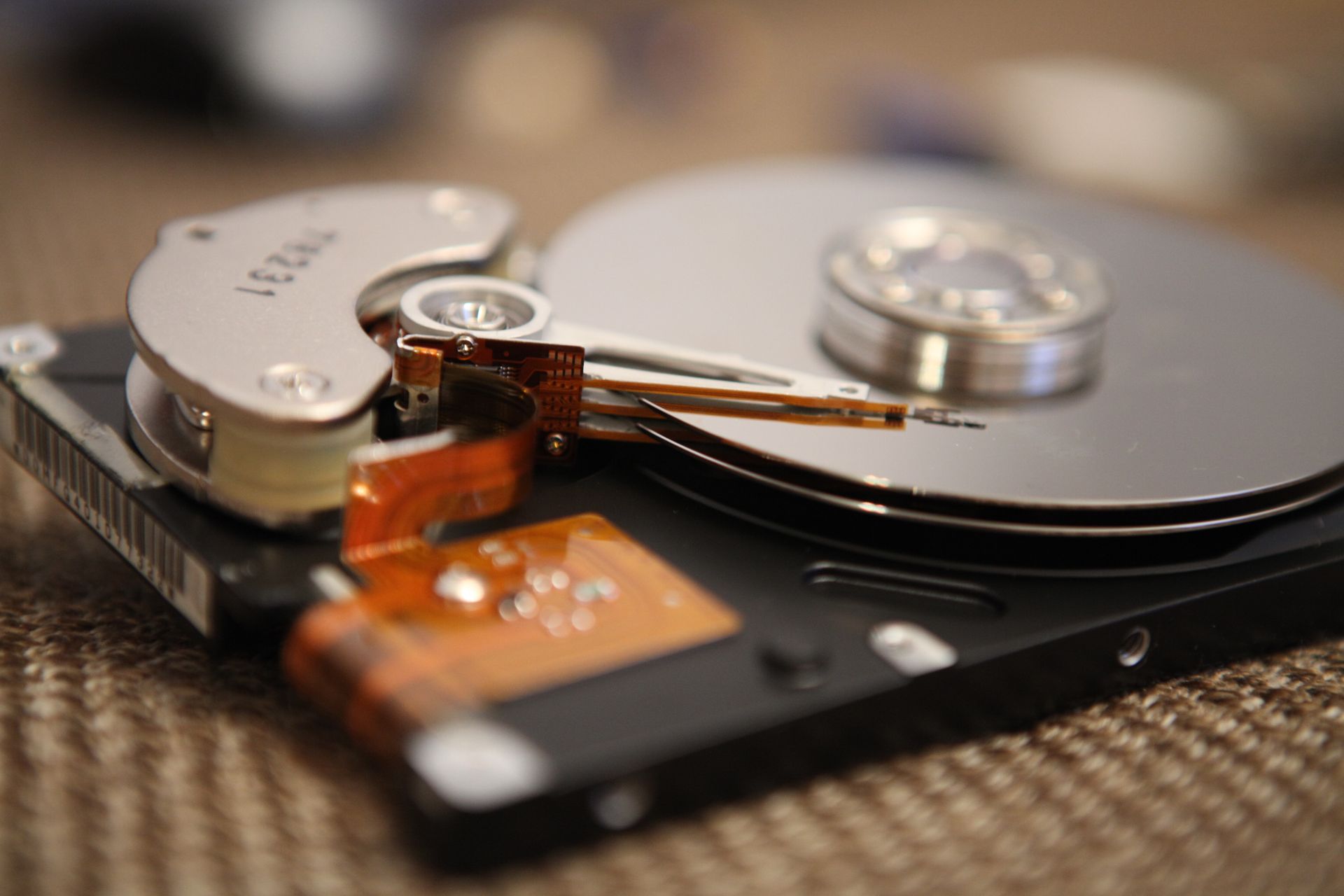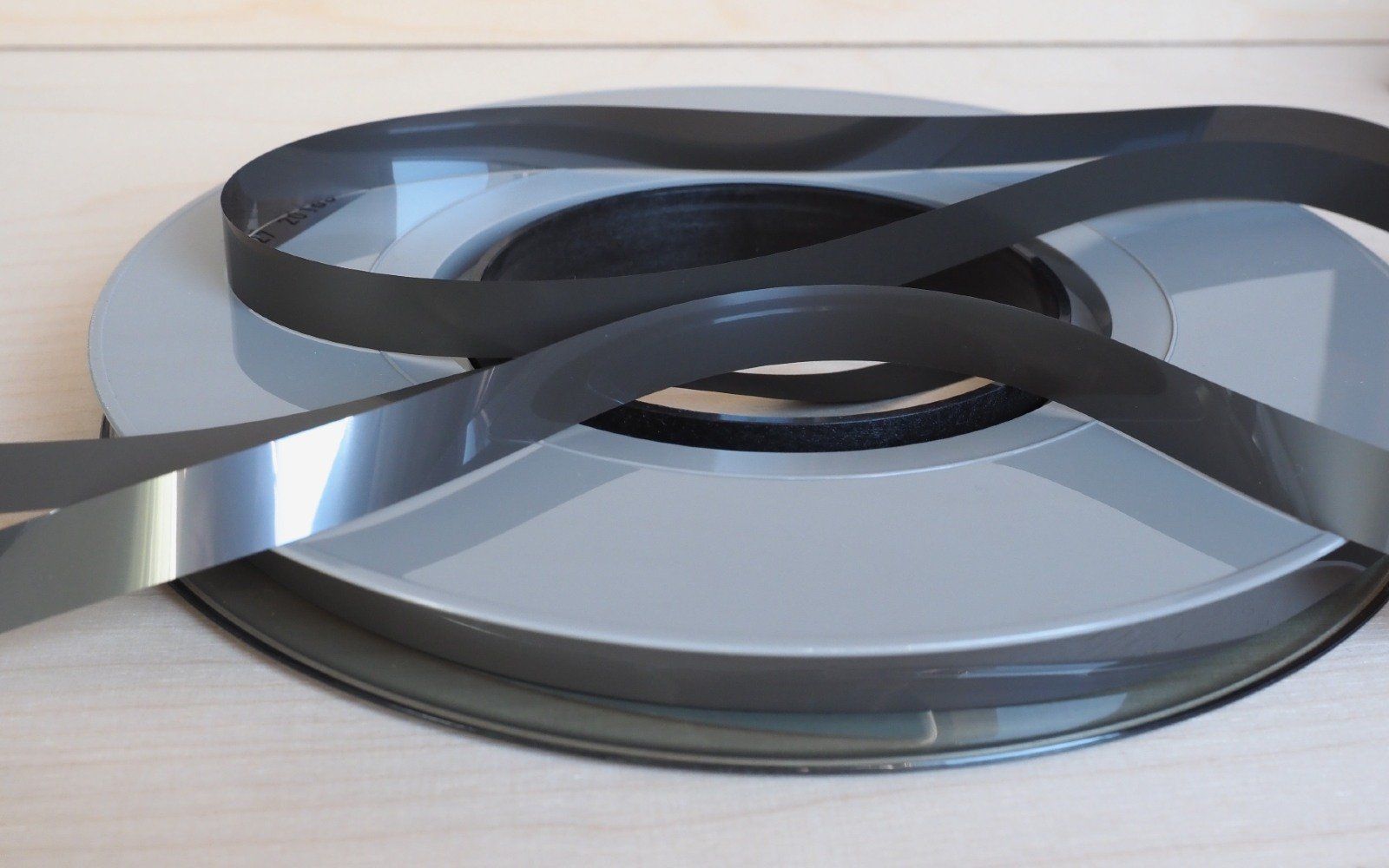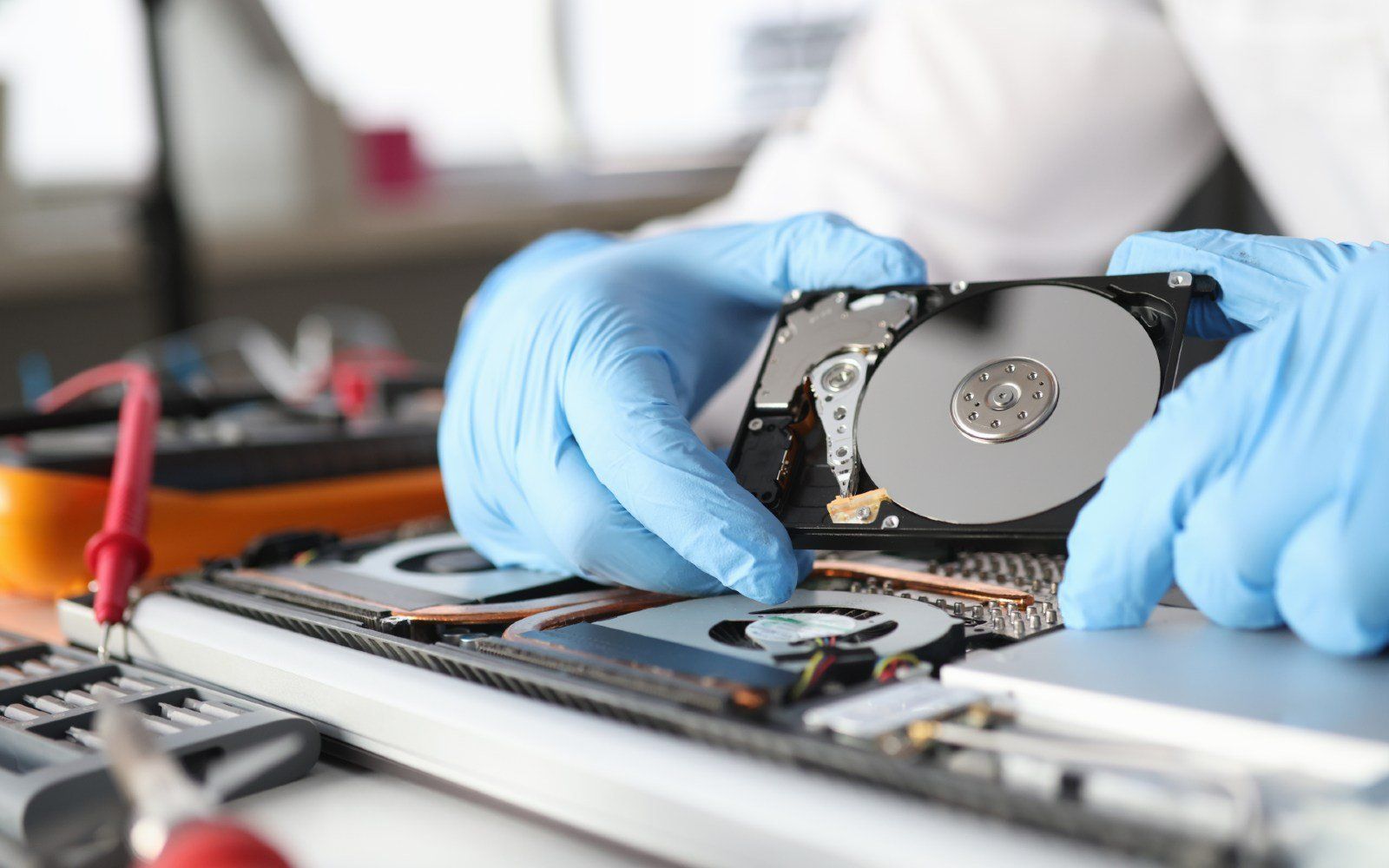How to Erase a Computer Before Disposal
In most cases, old computers are cast-offs from work, and the same scenario goes for people who have bought new and don't know what to do with their old systems. On occasion, they're computers that are broken in some way. So, you want to dispose of it. But before you sell it or donate it, you must consider erasing personal data in your old computer to prevent restoring your data saved on your disposed device. There are many ways on how to erase a computer before disposal that you should consider.
What happens to old computers?
Old computers idly sit in one corner, collecting dust, which happens when their owners keep them. While maintaining all computers at your place is not necessarily bad, as many businesses keep old
computers for the software they run. It's always been a philosophy that if the computer does what one needs it to do, one doesn't need an upgrade. On the other hand, some computers are reconditioned and resold, as many recyclers do this to prevent the systems from becoming trash. There are also resellers in most online markets.
Other old computers are recycled, so their components are used in other computers or recycled to develop recycled things; however, this is a bit more complex because computers contain dangerous substances. Unfortunately, many computers are sent overseas to be manually recycled. The improper recycling process can result in environmental and human costs that are pretty terrible. However, not all recyclers do this, though. So, if you wish to recycle an old computer, don't forget to ask only reliable and law-compliant computer services companies.
When computers are not disposed of properly, they end up in landfills, which is the worst result, as they may contain dangerous chemicals. Toxic heavy metals and chemicals from e-waste enter the "soil-crop-food-chain,” one of the most significant routes for heavy metals' exposure to human health. These chemicals are not biodegradable and persist in the environment for long periods.
The dangers posed by improper disposal on the environment will ultimately impact human beings at a high cost of health effects, including congenital disabilities such as brain, heart, liver, kidney, and skeletal system damage. Also, dangerous elements can do significant damage to the nervous and reproductive systems of the human body. When computer monitors and other computer parts are burned, they release cancer-producing dioxins, which get into the air we breathe. In essence, improper disposal of e-waste does not only affect the environment. But it ultimately poses a grave danger to humans and livestock survival.
Recycling many of these materials decreases the need to mine and manufacture the number of deadly toxins. Ultimately, proper disposal at designated collection points gives local governments the way of safely disposing of this dangerous electronic waste.
Deleting your data before computer disposal
Trivial methods of wiping out the data are both quickly recovered with the right software. Most online account access uses encryption, which makes recovery far more complex. It is sufficient to stop the typical casual computer user from finding anything. But if you have things like text documents with privacy questions and passwords, those aren't secure. Legal documents, company records, etc.? Professional creative materials? Personal images or recordings which you might find embarrassing? It would be a troublesome and distressing experience.
With that, keep yourself from worrying if you can look for programs that can help you destroy all your files. Standard secure erasure programs will do a good enough job to stop the efforts of a random user with some essential data recovery software. The entire volume encryption, followed by reformatting, puts it beyond any easy effort.
But, securing your data isn't as simple as it might seem. Deleting files typically only clears the headers of the files but keeps all the data. Intelligent software can piece back together what those files are, even without the headers.
Reformatting the hard drive clears the file system but leaves data in place. Again, intelligent software can piece together some of your data, given enough time.
Category of file destruction on your computer
The principle of data recovery is to search the files that were marked "Deleted" and recover them to another folder. Here are three categories of why you should sort to file destruction on your computer before disposing of it.
1. Category 1
If you have recently saved private files and have sensitive information on your
computer and you don't want your parents or friends to see it. A simple deletion of the actual file, clearing of your history and erasing the recycle bin would be enough, and no one can ever tell that the file was there.
This file destruction category only secures your files from ordinary people; however, files can still be restored by data hackers.
2. Category 2
On the other hand, if you are the type of person who's decided to sell your old computer. Category one of file destruction is not the best option for you if you don't want any of your files being recovered by the new owner; then, you should use a hard drive wiper capable of executing a free space wipe and slack space wipe. There are plenty of free options on the web, like Disk Wipe Utility and Shred Agent.
3. Category 3
The category three files are used if you have sensitive information on your hard drive, let's say a highly classified government file. Now, there are many ways to do this, like drilling a hole right into the drive or disassembling the actual drive and shredding it into pieces.
To sum it up, using data wiping software is enough to destroy the data from your hard drive permanently. You can also disassemble the drive and throw it on an industrial shredder one by one to ensure that all of the components are entirely destroyed. You can also use a heavy-duty sander and grind the drive's components until what's left is dust particles from it.
Easy ways on how to erase a computer before disposal
When a hard drive is not in use, most people will choose to delete the data before recycling. However, under normal circumstances, whether the file in the hard drive is deleted or formatted, the file does not actually disappear if there is no special treatment. The system just deletes the file names in the file allocation table, and the actual data is still on the disk. Some data recovery software can quickly restore those files that have been deleted.
Anyone can see the data on your hard drive. Therefore, your valuable business and financial data or personal files and e-mail messages may easily fall into the wrong hands. To ensure data security, cleaning the hard drive is the best way to avoid data breaches before
recycling.
1. Digital Way
Wiping a hard drive means completely erasing the drive of all its data; however, erasing everything does not wipe a hard drive, and formatting does not usually wipe a hard drive.
Now to wipe a hard drive, you need to download and install a disk wiping tool. You can consider using any tools such as DBAN (Darik's Boot and Nuke), CBL Data Shredder, PCDiskEraser, KillDisk, or Macrorit Data Wiper.
To ensure that the hard drive is completely clean, pass the hard drive using this software three times.
2. Physical Way
There is only one solution to guarantee that anyone cannot recover your data, which is physical destruction. Crash it with a big hammer until it is in several pieces.
Drilling several holes through the hard drive will effectively shatter the platters and render them impossible to retrieve data. If you don't have a drill or metal drill bit, putting the hard drive on concrete and smacking it several times with a small hammer will break the platters as well.
Software disk cleaners are valuable and safe for your local kids. But there are good reasons why big businesses and government departments insist on physical destruction.
3. Data Destruction Service in a Company
There will be a possibility that when you dispose of the device or electronic waste, somebody could use a type of software to recover whatever things you have deleted. Hence it means that your data could be compromised; thus, it is one of the vital reasons you need to have the data in your computer destroyed.
It would be best if you will take it to a data destruction company. They will put your drive into their mechanical shredding machine, and that will shred it into millions of tiny unusable pieces.
The data destruction company will give you a certificate of destruction when they shred your drive into a million pieces so you can be assured that the data is destroyed. When the files are completely deleted, it's no longer readily accessible in the operating system, even the application that created it, or the company that collected it.
Abtron is Your Reliable Partner in Protecting Computer Data!
Information is one of the most valuable assets in today's business. The same goes for ordinary people who value personal data stored in their computers. Thus, losing that information could mean the end to your company, business prospect's data, and privacy. The reason for proper data destruction is to comply with data privacy laws, and protecting client information is a must because data can be compromised.
It's all about protecting your secrets like your identity, banking information, company trade information, and more. Certifying data destruction is very important for most of society. More and more citizens worldwide are dealing with identity theft due to others' access to personal data.
Abtron Computer Services Inc. is your perfect partner if you want to erase your computer before disposal. We make sure that your data and information are in good hands!
Connect with us now, and we will provide you quality
computing services that can fit your needs.

